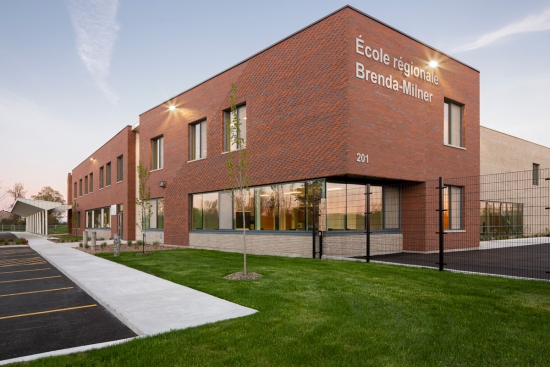At NFSB, we support students with special needs through specialized classes, modified curriculum, learning resources, and professional guidance. Families are important partners, and we want you to know what supports are available and how to access them. Our Educational Services Department’s Complementary Services team oversees and supports schools in providing these services.
If you’re worried your child may be struggling in school:
Talk to your child’s teacher. They see your child every day and know their learning best.
Reach out to the resource teacher or school administrator. They can guide you to the right supports.
Share any important information. Medical reports, past evaluations, or changes at home all help the school team understand your child’s needs.
You don’t need to have all the answers — just starting the conversation is the first step to getting your child the support they need.
See how parents and staff work together through our Special Needs Advisory Committee (SNAC)
Depending on needs, our schools offer:
In-class supports – resource teachers, special education technicians, attendants.
Specialized services – speech and language therapy, psychology, occupational therapy, social work, inclusive education support.
Programs for students at risk – homework help, mentoring, social skills programs, adaptive technology.
Your child’s teacher or principal can explain exactly what’s available at your child’s school.
The Ministry of Education recognizes different kinds of needs, including:
Learning Difficulties (LD)
Behavioural Difficulties (BD)
Physical, developmental, emotional, or cognitive disabilities
Identification (or “coding”):
Always requires a school’s Resource Team meeting
Must include assessments that show the student meets Ministry criteria
Needs parent consent before being put in place
Sometimes coding happens when children first enter school with a diagnosis (e.g., autism, intellectual delay).
Not every child needs a professional assessment. Teachers and the school team track progress closely.
An assessment may be recommended when:
Difficulties persist despite classroom support
The Resource Team agrees further evaluation is needed
Professionals who may be involved: psychologists, speech therapists, occupational therapists. Parents must give signed consent before any assessment, and results are reviewed with you at a school meeting.
An Individualized Education Plan (IEP) is a flexible plan that helps your child succeed at school. It outlines your child’s learning goals, the strategies and supports the school will provide, how progress will be tracked, and who is involved — teachers, specialists, and you as a parent. IEPs are developed with your input, updated regularly, and shared with you so everyone works together to support your child’s learning.

The Brenda Milner Regional School provides services to students who meet the criteria set out by the Ministry of Education; this school is managed by the Centre de services scolaire des Grandes-Seigneuries.